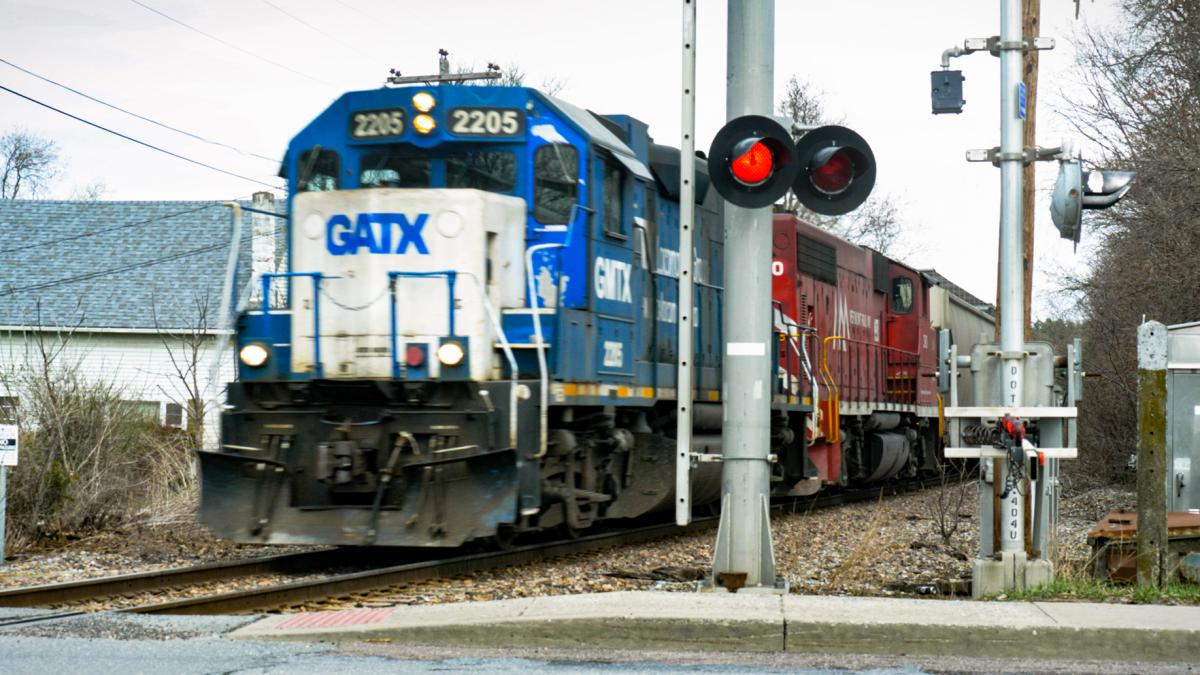“Operation Lifesaver started in Idaho in 1972 when the national average of collisions at highway-rail grade crossings exceeded 12,000 annually. During the campaign’s first year, Idaho’s crossing-related fatalities dropped by 43 percent. The next year, the Operation Lifesaver campaign spread to Nebraska, where their collision rate was reduced by 26 percent. Kansas and Georgia experienced similar success the following year. Today, Operation Lifesaver programs are active in 49 states nationwide.” The non-profit OLI is committed to reducing rail/highway crossing accidents and educating students about rail safety.
Watch this Operation Lifesaver VT rail-crossing safety video
Operation Lifesaver is a non-profit, international continuing public education program with trained and certified volunteer speakers who provide free safety presentations for various professions and for all age groups in order to increase public safety around railroad tracks. Vermont State funding supports a variety of educational efforts lead by certified Presenters such as presentations in schools, to driver education classes, public service organizations, at safety and other fairs, and anywhere the message can be carried. State support assists the organization also with the initial and continuing education of the Presenters and State Coordinators with attendance at Regional and National Operation Lifesaver Workshops. There are trainings for safety professionals held twice yearly.
Specialized Grade Crossing Collision Investigation (GCCI) courses, designed to help officers more effectively investigate such incidents throughout the State, are hosted and led by the Vermont Coordinators and supported by funding from the State Rail Section. This training was developed for the North American law enforcement community with the cooperation of the International Association of Chiefs of Police, the National Sheriffs Association and Operation Lifesaver, Inc.
Operation Lifesaver programs are sponsored cooperatively by federal, state, and local government agencies; highway safety organizations, and the nation’s railroads.
To schedule a presentation and for educational information, contact the AMTRAK/Operation Lifesaver Manager.

